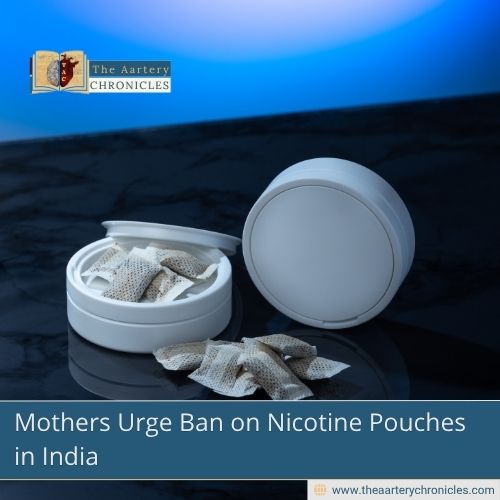

Is That Free Office Coffee Raising Your Cholesterol
Coffee is a staple in most workplaces, fueling productivity and keeping us alert. However, recent research from Sweden suggests that the coffee brewed in your office might be impacting your heart health by raising cholesterol levels over time.
Harsh Goenka's Viral Post on Food Labeling
Recently, industrialist Harsh Goenka highlighted this issue on X (formerly Twitter). In a post that quickly gained attention, Goenka shared a video clip from a podcast by vlogger Raj Shamani. The podcast featured health and nutrition influencer Revant Himatsingka, also known as FoodPharmer, who revealed the deceptive practices used by food companies to mislead consumers.
The Link Between Coffee and Cholesterol
Coffee is often celebrated for its benefits, like boosting focus and providing antioxidants. However, not all coffee types are equal when it comes to heart health. Scientists have known since the 1980s that unfiltered coffee can raise LDL cholesterol, often called the “bad” cholesterol linked to heart disease.
Researchers from Uppsala University and Chalmers University of Technology studied coffee from 14 different office machines in Swedish healthcare facilities. They measured levels of two natural diterpenes—cafestol and kahweol—found in coffee oils. These compounds can raise LDL cholesterol. Typically, paper filters can trap them, but metal filters—common in office machines—allow more to pass through.
How Much Is Too Much?
The study revealed that office machine-brewed coffee contained about 176 mg/L of cafestol—nearly 15 times higher than the 12 mg/L found in paper-filtered coffee. Drinking three or more cups of this coffee daily could lead to a noticeable increase in LDL cholesterol over time.
Switching to paper-filtered coffee can reduce LDL cholesterol by 0.58 mmol/L, which is similar to cutting two ounces of heavy cream from your daily diet. Over five years, this change could lower heart disease risk by 13%. Over a 40-year career, the reduction could reach 36%.
Which Office Coffee Machines Are the Riskiest?
The research analyzed three common types of office coffee machines:
- Brewing Machines: These use metal filters and have the highest diterpene levels.
- Liquid-Model Machines: These mix liquid coffee concentrate with hot water, showing diterpene levels similar to paper-filtered coffee.
- Instant Machines: These use freeze-dried, pre-filtered coffee and are the safest option for controlling cholesterol.
Home-brewing methods were also examined. French press and percolator coffee had moderate diterpene levels, while espresso showed extreme variations, with some samples reaching 2,447 mg/L of cafestol.
Making Healthier Coffee Choices
Filtration plays a significant role in reducing cholesterol-raising compounds. Even simple fabric filters can cut cafestol levels dramatically. For those concerned about heart health, switching to paper-filtered coffee—either at home or through a liquid-model office machine—can help reduce long-term risk.
A single cup of office coffee won’t likely harm you, but daily consumption over decades might add up. Making small changes today could lead to a healthier heart in the future.
Source: Inputs from various media Sources

Priya Bairagi
Reviewed by Dr Aarti Nehra (MBBS, MMST)
I’m a pharmacist with a strong background in health sciences. I hold a BSc from Delhi University and a pharmacy degree from PDM University. I write articles and daily health news while interviewing doctors to bring you the latest insights. In my free time, you’ll find me at the gym or lost in a sci-fi novel.








